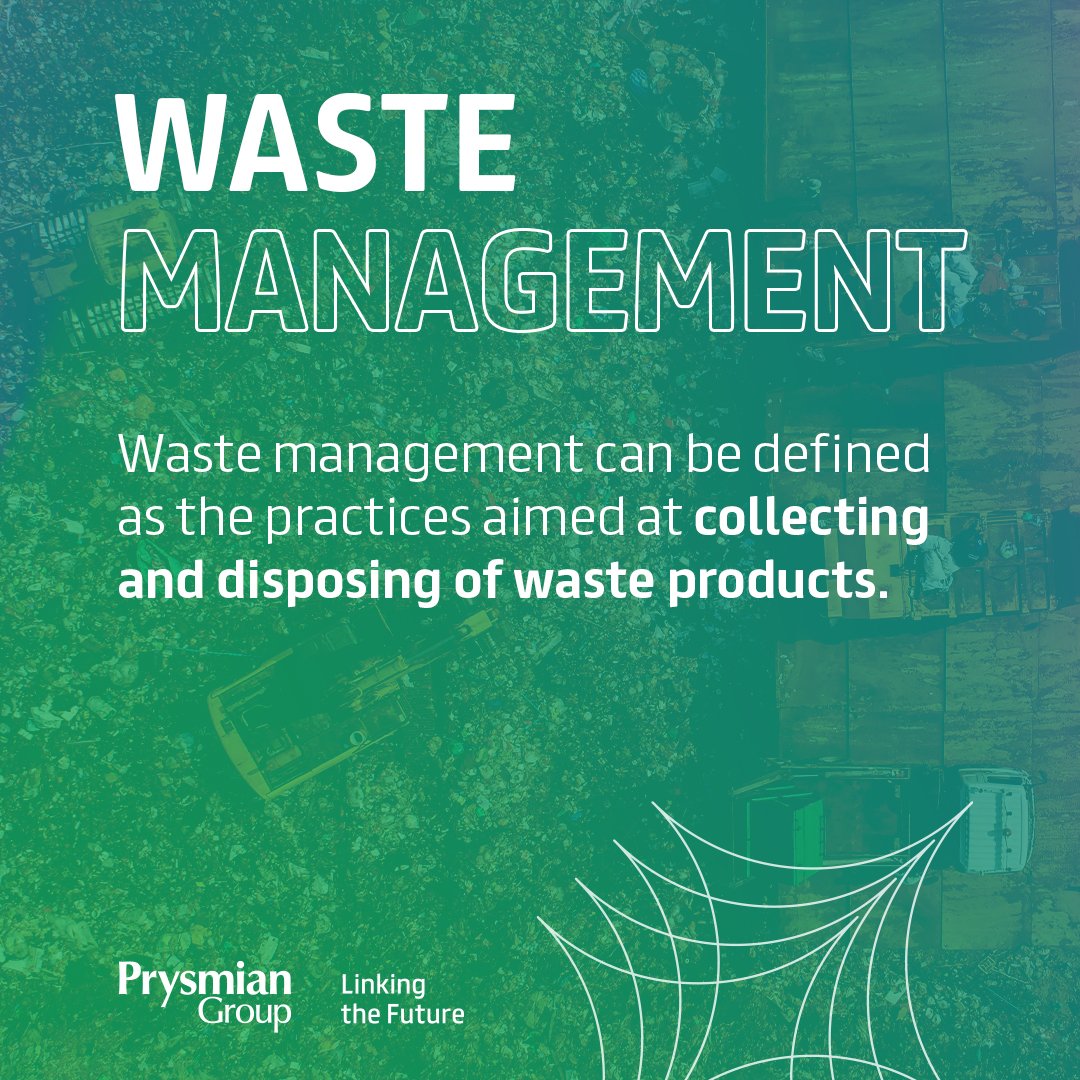8 Easy Facts About Reclaim Waste Explained
8 Easy Facts About Reclaim Waste Explained
Blog Article
The Single Strategy To Use For Reclaim Waste
Table of ContentsReclaim Waste - An OverviewAll About Reclaim WasteGetting The Reclaim Waste To WorkGetting My Reclaim Waste To WorkFascination About Reclaim Waste
Check out the kinds, occurrences, and kinds of fluid waste. Domestic sewer waste refers to the waste and items from a residential septic storage tank. This kind of waste is created by human beings in residences, schools, and various other structures. This only consists of septic systems that have a drainpipe field. The correct monitoring and disposal of residential sewer waste need liquid waste to be transferred to a sewer therapy plant where the correct methods and equipment are put on purify and dispose of waste.
Business waste often consists of potential hazards, such as flammable products or a blend of liquid and strong waste products, and needs a more innovative and in-depth disposal process. The disposal of industrial waste generally includes the purification of waste before transport to guarantee risk-free and appropriate disposal. Industrial waste is produced from by-products and runoff of commercial processes and manufacturing.
This type of waste can not utilize the very same sewer management transportation or procedures as septic or industrial fluids. The industrial waste administration process calls for the assessment and screening of liquid waste prior to it undertakes the disposal process (industrial wastewater treatment). Overflow waste is the fluid waste that originates from drainage and excess stormwater in highly inhabited areas or cities
Drainage waste can trigger contamination and flooding otherwise handled effectively. Discover more about sewage system cleaning and waste management. Making sure proper waste management can stop catastrophes and decrease ecological harm. Both people in household settings and experts in commercial or manufacturing industries can take advantage of comprehending the procedures and regulations of fluid waste administration.
Some Of Reclaim Waste
Contact PROS Providers today to find out regarding our waste administration and disposal solutions and the appropriate ways to care for the fluid waste you produce.
(https://www.goodreads.com/user/show/183557660-leon-aube)Do you understand what happens to your water when you disengage, flush the commode or drain the cleaning equipment? No? Well, it deserves recognizing. This so-called 'wastewater' is not just an important resource yet, after therapy, will certainly be launched to our land, waterways or the sea. Used water from bathrooms, showers, bathrooms, kitchen sinks, laundries and industrial procedures is referred to as wastewater.

water made use of to cool machinery or tidy plant and devices). Stormwater, a kind of wastewater, is overflow that moves from farming and urban areas such as roofs, parks, gardens, roads, paths and seamless gutters into stormwater drains, after rainfall. Stormwater streams neglected straight to neighborhood creeks or rivers, eventually reaching the sea.
Reclaim Waste - Questions
In Queensland, many wastewater is treated at sewage treatment plants. Wastewater is transferred from domestic or industrial sites with a system of drains and pump stations, called sewerage reticulation, to a sewer treatment plant. Neighborhood governments construct, maintain and run most sewer therapy plants. Operators are certified under the Environmental Management Act 1994 to release cured wastewater at an acceptable environmental requirement into waterways.
The Division of Natural Resources suggests local federal governments regarding managing, operating and keeping sewage systems and treatment plants. In unsewered areas, city governments might require householders to mount private or home sewage therapy systems to treat domestic wastewater from toilets, kitchens, restrooms and laundries. The Department of Natural Resources authorizes making use of home systems when they are verified to be reliable.
In some new communities, treatment of some stormwater to eliminate litter, sand and crushed rock has actually begun utilizing gross toxin traps. Wastewater treatment occurs in 4 stages: Gets rid of solid issue.
Wastewater then moves into huge tanks where solids work out and are gotten rid of as sludge. Oil and scum are skimmed from the surface area. Makes use of small living organisms called micro-organisms to break down and get rid of remaining dissolved wastes and great fragments. Micro-organisms and wastes are integrated in the sludge. Gets rid of nitrogen and phosphorus nutrients that could trigger algal blossoms in our waterways and intimidate aquatic life.
Reclaim Waste Can Be Fun For Everyone
Nutrient elimination is not pop over to this web-site offered in any way sewer treatment plants since it needs costly specialist devices. It is ending up being extra common in Queensland. Clear liquid effluent created after therapy might still have disease-causing micro-organisms. If this effluent is launched into waterways such as rivers or the sea, the micro-organisms will at some point die out.

The majority of wastewater streams right into the sewerage system. Under the Act, neighborhood governments carry out approvals and permits for eco pertinent tasks (ERAs) involving wastewater launches that could have a regional impact.
The Single Strategy To Use For Reclaim Waste
Or else, samples are considered laboratory evaluation. Usually several tests are required to establish the degrees of each of the various contaminants such as oils, hefty steels and chemicals in water. Monitoring offers valid information regarding water high quality and can validate that permit problems are being fulfilled. The information obtained with tracking gives the basis for making water quality decisions.
Report this page